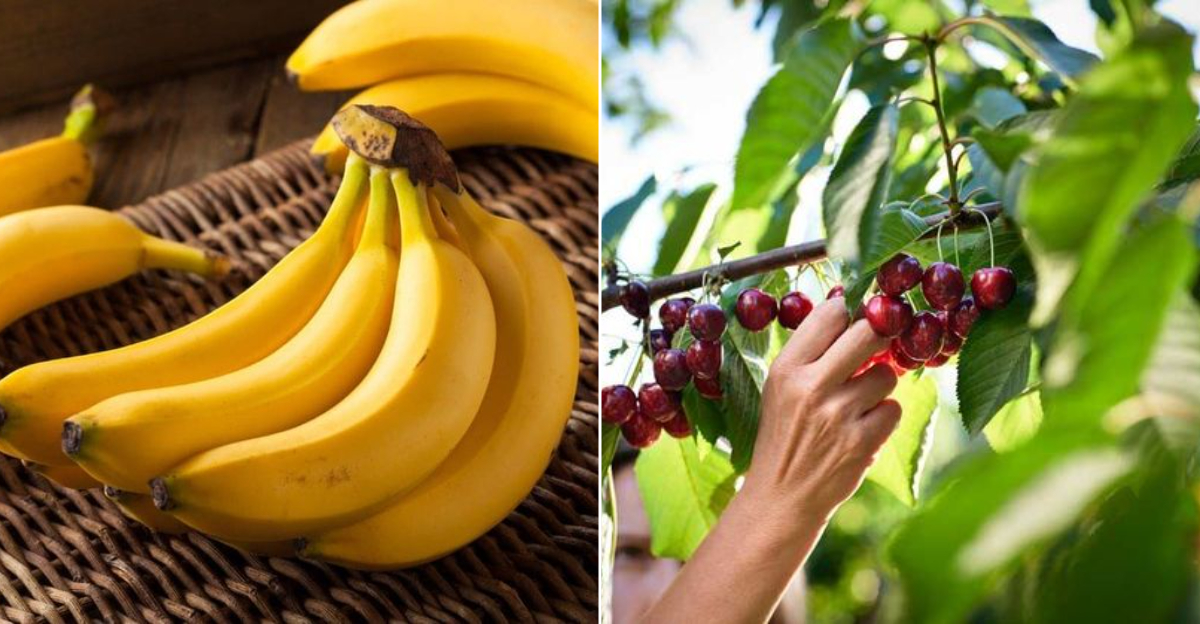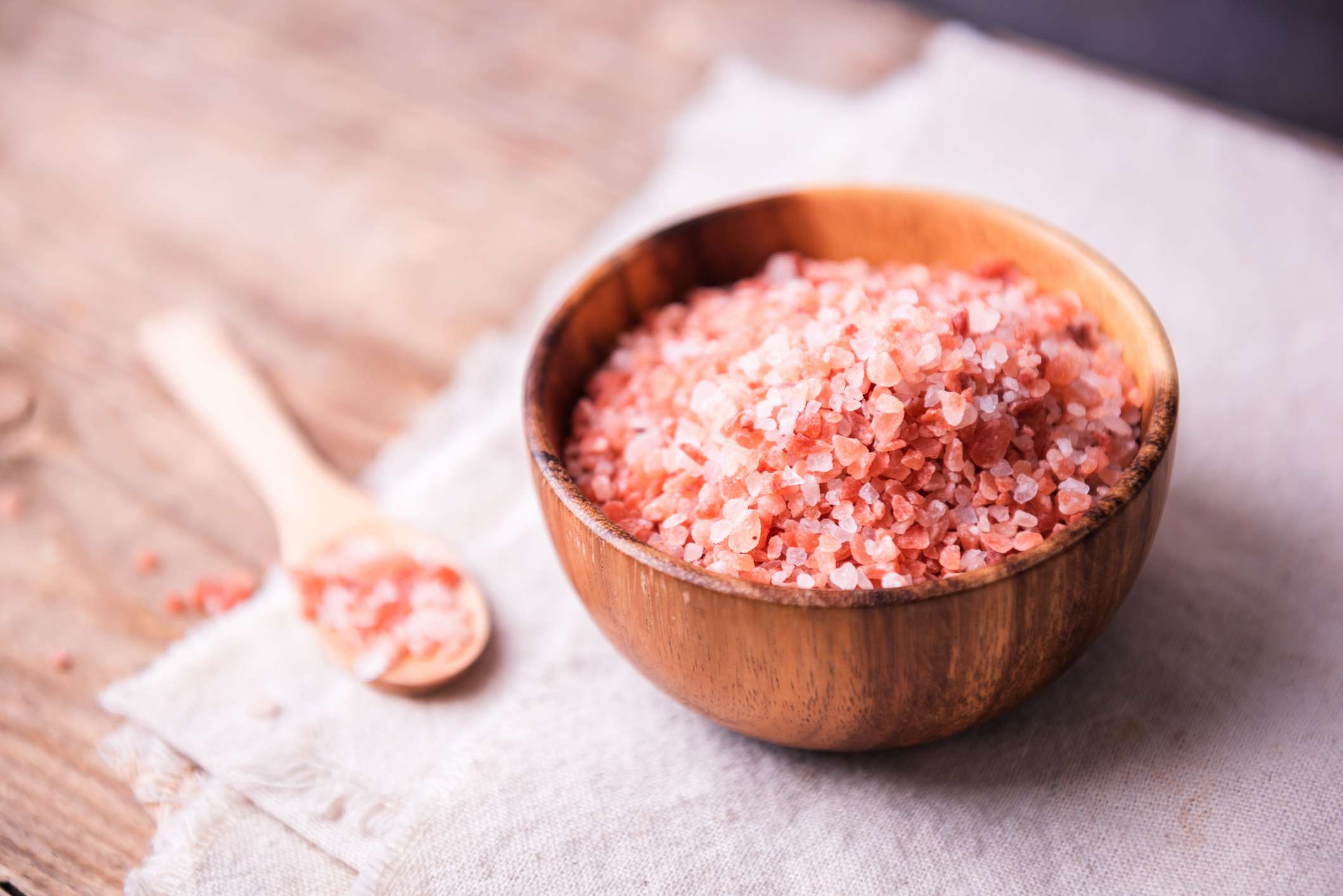Summary
Before your next grocery run, see which fruits are worth the hype, and which ones arent as great as they seem.
Source: Ever After in the Woods

AI News Q&A (Free Content)
Q1: What are some of the most beneficial fruits for overall health, and what specific nutrients do they provide?
A1: Fruits such as mangoes, watermelon, and apples are highly beneficial for overall health. Mangoes are rich in vitamins A, C, B6, E, and K, along with plant polyphenols that have antioxidant and anti-inflammatory properties. Watermelon is an abundant source of antioxidants like vitamins A and C, beta carotene, and lycopene. Apples offer soluble and insoluble fibers that help manage blood sugar, promote digestion, and support heart health, along with vitamin C and disease-fighting plant polyphenols.
Q2: How does the inclusion of exotic fruits in a diet impact health, according to recent studies?
A2: Exotic fruits contain bioactive components that provide health benefits, such as anti-diabetic, anti-obese, antioxidant, and anti-inflammatory properties. These components can help in the prevention and management of various chronic diseases, offering an advantage over some conventional fruits.
Q3: What are the potential health benefits of including fruits like olives in your diet?
A3: Olives and olive oil, integral to the Mediterranean diet, may lower the risk of heart disease, type 2 diabetes, and cognitive decline. They are also beneficial for managing overweight and obesity, making them a valuable addition to a healthy diet.
Q4: What does recent research suggest about the impact of different dietary proteins on omega-3 fatty acid biosynthesis?
A4: A study comparing soy and milk proteins found that soy protein influences the biosynthesis of omega-3 fatty acids differently. In particular, soy protein increased the expression and activity of enzymes related to omega-3 fatty acid biosynthesis in the liver. This suggests that the choice of dietary protein can impact the production of beneficial omega-3 fatty acids.
Q5: How do fruits like pears, apples, and bananas contribute to cancer risk reduction?
A5: Supermarket staple fruits such as pears, apples, and bananas are associated with health benefits like lowering cancer risk. Their rich content of fibers, vitamins, and antioxidants help in reducing inflammation and oxidative stress, which are linked to cancer development.
Q6: What are the health benefits of consuming a variety of fruits daily, and how can they transform health?
A6: Consuming a variety of fruits daily boosts the immune system, improves digestion, and promotes overall health. Fruits provide essential vitamins, minerals, and antioxidants that enhance heart health, support skin health, and reduce the risk of chronic diseases.
Q7: What are the nutritional concerns associated with fad diets like the Paleolithic and Atkins diets?
A7: Fad diets like the Paleolithic and Atkins diets often lack nutritional balance. The Paleolithic diet can lead to deficiencies such as inadequate calcium intake, while the Atkins diet may increase the risk of heart disease due to its promotion of protein and saturated fat consumption.



